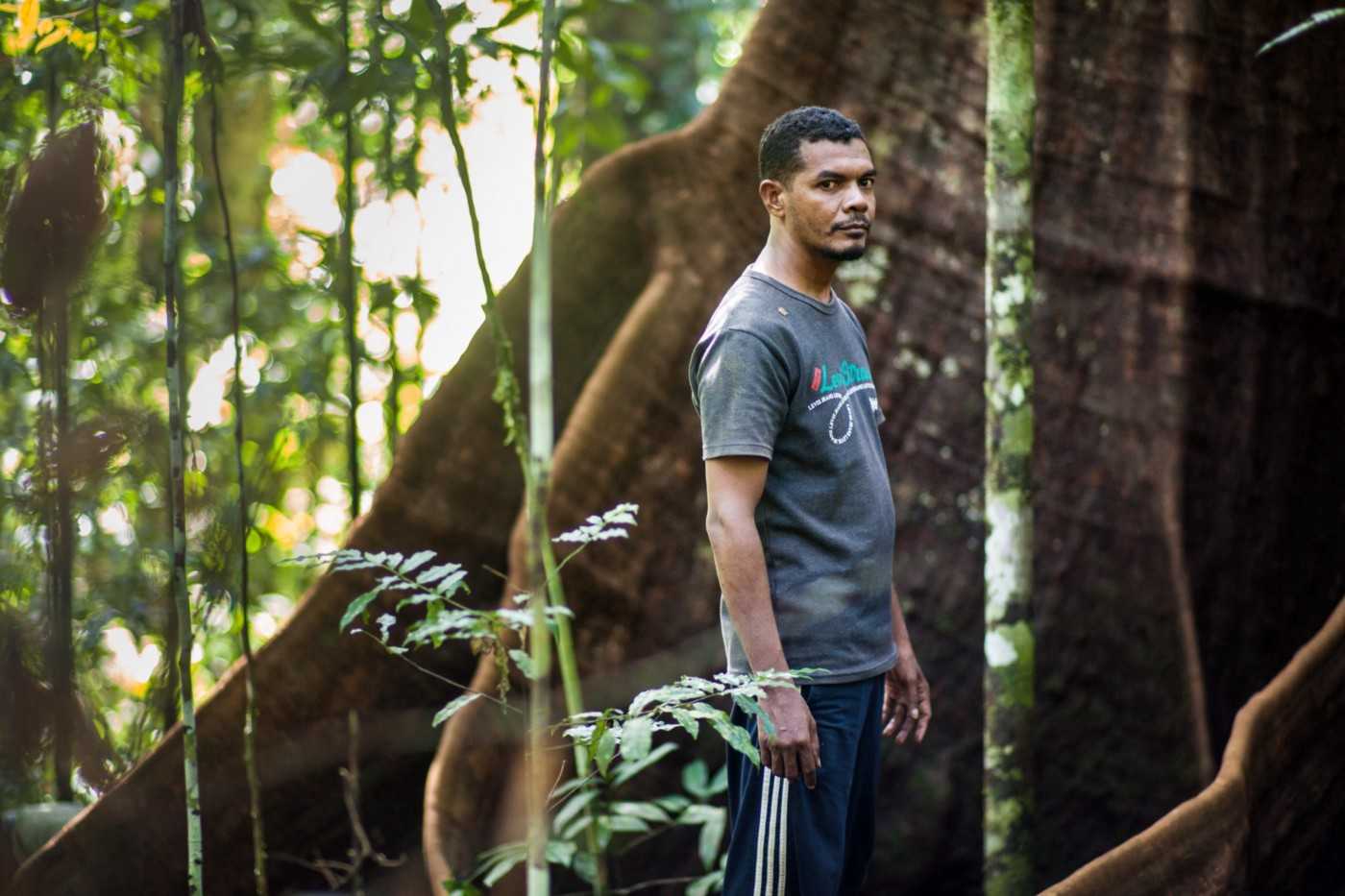When the politician in charge of Indonesia’s Aru Islands signed permits for a vast sugar plantation, many civil servants were afraid to speak out for fear of losing their jobs.
Not Mika Ganobal.
“If our forest is denuded, it won’t come back,” he said. “Indigenous peoples become marginalised when their land is taken over by corporations.”
Mika, then in his mid-thirties, became the lead coordinator of street protests against the project in Aru’s main town of Dobo, home to nearly a fifth of the archipelago’s 80,000 people.
Later, with the help of more experienced activists in the provincial capital, Ambon, Mika and his friends orchestrated a social media campaign that brought news of their movement to the wider world — no small feat given Aru’s scarce internet and phone service.
Even as support for their movement grew, many villagers in the interior of Aru remained unaware of the project. So Mika’s group put boots on the ground to alert them to what was coming.
Volunteers set off by boat from Dobo to dozens of villages across the archipelago, explaining to locals how the developers intended to clear nearly two-thirds of Aru’s rainforest and how this would upend their lives.
Many Aruese desired some form of government development assistance, but it wasn’t hard to convince them to oppose the plantation, which was to be managed by a mysterious company called the Menara Group.
This two-pronged effort forced authorities in the nation’s capital, Jakarta, to withhold the final approvals needed for the project to go ahead, pulling the plug on the plantation before a single tree could be felled.
“Mika is an extraordinary fighter for the environment,” said Jacky Manuputty, a pastor in Ambon who lent a hand to the movement in Aru. “His determination, his strength, his willingness to sacrifice made a lot of people want to work together with him.”
Watch our short film about Mika, below, to find out more.
And then read the full story of how the Aruese defeated the sugar project here.

